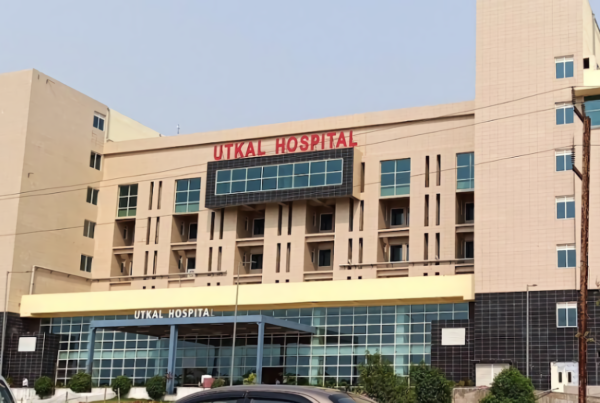Public health is often not prioritized in India for several complex reasons that intersect with political, economic, and social factors. Below are some of the main reasons:
1. Limited Political Will and Focus
- Short-Term Political Cycles: In a country like India, which has frequent elections and a short-term political cycle, politicians tend to prioritize issues that are more visible and can yield immediate benefits, such as infrastructure development, employment, and social welfare schemes. Public health issues, which require long-term investments and sustained effort, often take a backseat.
- Electoral Populism: Politicians may focus on more immediate concerns that appeal directly to voters, such as subsidies, welfare schemes, and agricultural support, rather than on public health initiatives that take time to show results. For example, large-scale health reforms, which may need substantial funding and a long-term commitment, are not always electorally advantageous in the short term.
2. Inadequate Public Health Infrastructure
- Underfunding of Health Systems: Public health spending in India remains lower than many other countries. The government’s spending on health is a small fraction of GDP compared to other developing nations. The health sector often struggles with poor infrastructure, lack of sufficient healthcare workers, and inadequate facilities, especially in rural and remote areas.
- Public vs. Private Health Divide: The public health system, which serves the majority of the population, is underfunded and overstretched. In contrast, private healthcare is growing rapidly and serves wealthier individuals, making the issue of health inequity a political challenge. Improving public health would require addressing the imbalance between public and private healthcare access.
3. Economic Constraints
- Budget Priorities: The Indian government faces competing demands on its limited financial resources. There are pressures to invest in sectors like education, defense, agriculture, and infrastructure. Public health often gets sidelined due to a lack of financial allocation, as it requires sustained investments in healthcare facilities, workforce, sanitation, and disease prevention.
- Poverty and Inequality: Public health is closely tied to poverty, sanitation, and access to basic needs. Many politicians are reluctant to address the root causes of poor health, such as poverty and social inequality, as these issues are deeply entrenched and require comprehensive, long-term policy changes that can be politically difficult to implement.
4. Lack of Awareness and Public Advocacy
- Limited Public Pressure: While health issues are important to the public, there is often a lack of cohesive, organized advocacy pushing for better public health policies. The health sector is fragmented, with limited public mobilization on health-related issues. This results in insufficient demand for comprehensive healthcare reforms.
- Cultural and Social Factors: In many parts of India, public health issues such as sanitation, vaccination, and maternal health are not perceived as urgent by local communities, particularly in rural areas. This can reduce the pressure on politicians to prioritize them, as the electorate may not be fully aware of the long-term implications of poor public health.
5. Fragmented Health Policies
- Lack of Coordination: Health policies in India are often fragmented between central and state governments, as healthcare is a state subject under the Indian Constitution. This leads to inconsistency in the implementation of public health measures across the country. Additionally, different states have different levels of commitment to public health, and the lack of a uniform, national health strategy makes it hard to focus attention on public health as a national priority.
- Complex Bureaucracy: The health bureaucracy in India is often bogged down by inefficiencies, corruption, and lack of accountability, which further hinders the effective implementation of health initiatives. The lack of a coordinated approach makes it difficult to push public health to the forefront of the political agenda.
6. Environmental and Social Determinants
- Environmental Challenges: India faces numerous environmental challenges, such as air pollution, water contamination, and poor sanitation, which directly impact public health. These issues often require systemic change and long-term planning, which may not align with immediate political agendas.
- Social Determinants of Health: Public health is influenced by factors like nutrition, housing, and education, which are deeply interconnected with socioeconomic issues. Addressing these social determinants requires a broad, integrated approach across multiple sectors, which is often beyond the scope of typical political agendas.
7. Global and Domestic Health Crises
- COVID-19 Pandemic: The COVID-19 pandemic revealed both the strengths and weaknesses of India’s public health system. While the country made significant strides in vaccine distribution, the pandemic also exposed critical gaps in the healthcare infrastructure. In the aftermath, there is some momentum to strengthen the public health system, but challenges remain in ensuring sustained political and financial commitment.
Public health in India is often not a political priority due to a combination of short-term political considerations, inadequate funding, a fragmented healthcare system, economic constraints, and social factors. Addressing these issues requires a paradigm shift in policy, greater financial investment, and long-term commitment to public health as a core national priority.



